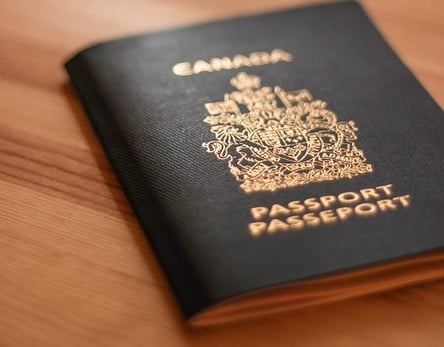What would immigrant workers mean for Canada’s economy? It’s a mixed bag, according to The Conference Board of Canada.
Ahead of the government’s November 1 announcement of its 2018 immigration target, the board has released a report detailing the positive and negative factors that point to how 450,000 more immigrants would impact the economy.
Among the advantages:
- More immigrants would boost real GDP. This would mean more people spending money and working in the economy. Suppose Canada welcomes 450,000 immigrants per year by 2025, real GDP would grow, on average, 2.05% annually between 2017 and 2040, higher than the current 1.85 growth forecast.
- More immigrants would slow the aging of the population. The share of seniors would drop from over 24% to 22.5% in 2040.
- They would bring down health care costs. Since immigrants tend to be younger than the national average, health care costs as a share of provincial revenues would decrease by 2 percentage points to 40.5% in 2040.
But there will be economic and fiscal pressures, too, such as:
- Real GDP per capita would be lower. The newcomers will likely earn less than the national average. In the higher immigration scenario, real GDP per capita in 2040 is $61,628, down by approximately $1,270, though this would have little impact on workers already in Canada.
- Underemployment would cause immigrants to lose out on up to $12.7 billion in wages each year.
- As a result, Canada's economic performance would suffer through lost productivity, lower tax revenue, and reduced purchasing power for immigrants.
So what can be done?
Canada needs to improve the job outcomes of immigrants to realize the value of higher immigration levels.
"Immigration makes an immense contribution to Canada's economy, but the employment barriers that newcomers experience are preventing Canada from fully reaping the economic benefits," said Kareem El-Assal, senior immigration research associate at the Conference Board of Canada.
Related stories:
Trump’s win prompts immigration overload
U.S. jobseekers set sights on Canada

